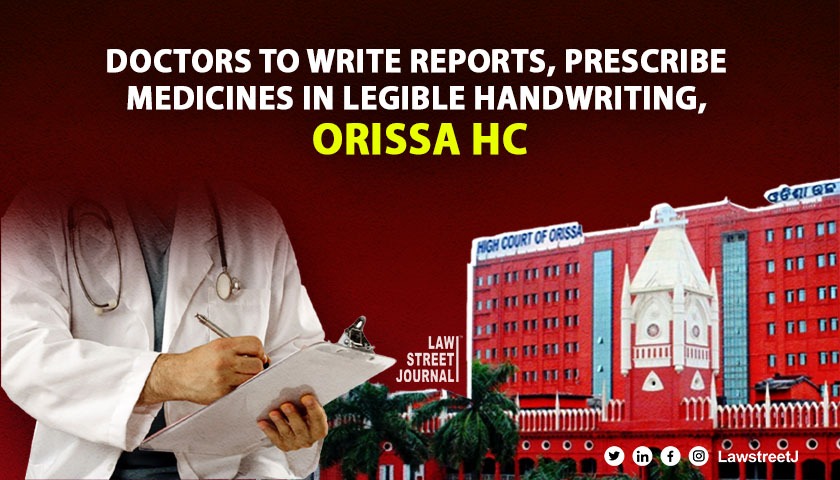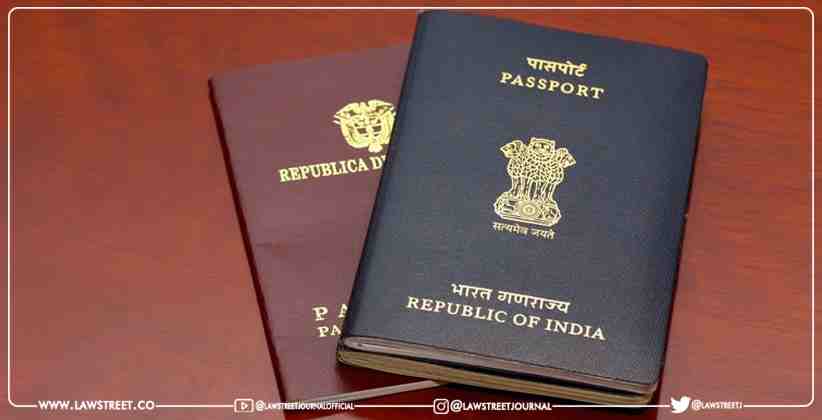CUTTACK: Doctors are often criticised for their extremely illegible handwriting. While many jokes and memes have been cracked at their expense, the situation changes when a doctors writing in a post-mortem report is barely readable. Taking things into its own hands, the Orissa High Court has directed the Chief Secretary to issue direction to all the doctors of the State to write the post-mortem report and prescription in capital letter or in legible handwriting.
Hence, this Court directs the Chief Secretary, State of Odisha to issue direction to all the doctors of the State to write the post-mortem report and prescription in capital letter or in legible handwriting. Moreover, the tendency of writing such zig zag handwriting, which cannot be read by any common man or by judicial officers, has become a fashion among the doctors of the State. Substantial number of doctors in the State resort to such handwriting which cannot be read by any ordinary person, Justice SK Panigrahi ordered while asking the Chief Secretary to issue a circular to all the Medical Centers, Private Clinics and Medical Colleges and Hospitals.
The circular should direct them to write in proper handwriting or in a typed form when they are prescribing medicine or writing some medico-legal reports.
In many cases, the casual approach of most of the doctors while writing the postmortem report is affecting the comprehension medico-legal documents badly and the judicial system finds it very difficult to read those letters and come to a definite conclusion, the Court highlighted.
While saying so, the Court also took into account the busy and taxing duty schedule of medical professionals. And, so finding time to write something comfortably often hinders their capacity to examine patients within the stipulated time. The Court also appreciated the medical professional for their hard work and relentless service during the COVID-19 pandemic.
But, at the same time it is generally felt that the medical prescription and medico legal documents are written in bad handwriting which affects the quality of appreciation of evidence in the judicial system. Hence, it is expected that any doctors, who are dealing with medico-legal issues and writing casually with very poor handwriting, are required to change their attitude and write either in capital letter or in a typed form or in good handwriting so that the judicial system does not suffer from unnecessary fatigue in reading their handwriting, the Bench said.
The whole case unfolded before the Court when it came across a post-mortem report (in death caused by snake bite case) written by a doctor in extremely illegible handwriting. In the case, after asking the doctor to appear virtually for the hearing, the Court was apprised that the cause of the victims deathsnake bite. The court then directed the victims kin, i.e., the petitioner to approach the concerned Tahsildar and seek compensation from the appropriate authority.








![Orissa HC awards Rs 10 lakh to father who lost child to stray dog attack [Read Judgment]](/secure/uploads/2023/12/lj_3371_Stray_dog_menace.jpg)
![Orissa HC rules in favour of BJDs Lok Sabha MP Anubhav Mohanty in divorce plea [Read Judgment]](/secure/uploads/2024/01/lj_2524_Anubhav_Mohanty.jpg)
![Indian Courts this Week: Law Street Journal's Weekly Round-Up of SC & HCs [Jan 1 - Jan 6]](/secure/uploads/2024/01/lj_9050_WhatsApp_Image_2024-01-06_at_12.07.10_PM.jpeg)






